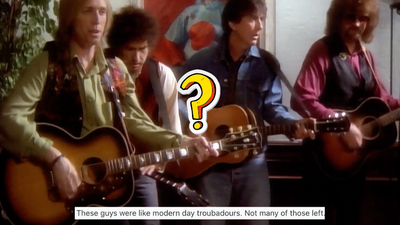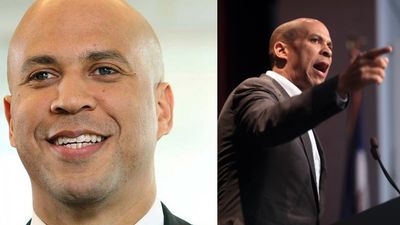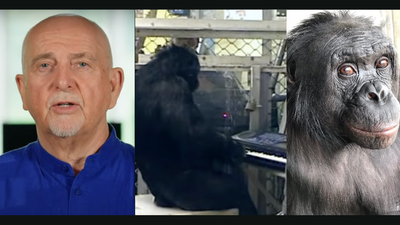Videogame insiders discuss a lack of diversity in the industry-and what to do about it.Last week in Las Vegas, I led a panel at the DICE Summit. DICE is basically the videogame equivalent of the Oscars, and I'd attended last year as a journalist, but this year I was fortunate enough to take on a different role. I was there to chair a panel about a very, very sexy topic: How today's videogames fail to reflect diversity.The response to the discussion-which is embedded below-has been mixed. Videogamers do not like being preached to, especially when the sermon is on a touchy subject like race. Some felt the issue was "so last year" because of the firestorm surrounding depictions of Africans in the zombie shooter Resident Evil 5 (pictured). Critics lined up on both sides of the game, arguing on one side that spear-chucking zombie Africans being shot at by white people is problematic; others thought the games had transcended the issue.Of course, that doesn't mean the issue has disappeared. Panelist Dmitri Williams, a professor at University of Southern California, cited research he's done that is basically a census of videogame characters. Predictably, he found that whites are ubiquitous, while African-Americans and Hispanics are woefully underrepresented.I personally think race is still a big issue in videogames, and that continuing a discussion about it is the only way to catalyze change. The case for diversity is strong one, both creatively and from a business perspective. One of videogames' continued failings is a chronic inability to write good stories. This is clearly not a requirement for a good game, but for big-budget games attempting to emulate the feel of blockbuster movies, the industry has a long way to go to create believable characters and meaningful plots.That's what makes the absence of diversity so curious. If one were to look at American history even in this century, there are plenty of episodes and characters that could make for great storytelling-while also reflecting our country's diversity. Where is the Civil Rights movement or the recent urban dissolution of Detroit? Left 4 Dead 2, which we covered here last year, did an excellent job letting the gothic South create some frightening gameplay. Couldn't the same be done with a single mother trying to make it on the South Side of Chicago?Interestingly, for all of the criticism lobbed at Rockstar Games, creator of the Grand Theft Auto series, the studio has done an excellent job building characters that reflect geographic specificity and diversity. From the streets of Los Angeles to Spanish Harlem, they've created a cast of memorable characters that at least deviate from the standard space marine template. Of course, the problem is that they're all criminals. When the only people of color with visibility are toting a gun, something is awry-but that's not a Rockstar Games problem; it's industry wide.The business case for diversity should be the most obvious. As the success of black urban literature (which spawned the Oscar-nominated Precious) and comedians like George Lopez demonstrate, there is a large minority audience looking for content that shares their stories. Williams suggested as much when looking at the disparity between the Hispanic population at large and the one found in games. Surely some money-minded executive will figure out that Tyler Perry is a wealthy man because he made films for people who were not being served by mainstream Hollywood.Of course, fixing the problem will take a long-term effort. Navid Khonsari, founder of iNK Stories and formerly of Rockstar, recommended building external bridges to bring in people who can write believable ethnic characters. He reached out to people in South Central L.A. when working on Grand Theft Auto: San Andreas to bring them into the narrative process. Manveer Heir, lead designer at Raven Software, says the problem is at the core make-up of the studios. There simply are not enough minorities and women making games. (Of course, a lack of diversity shouldn't prevent existing developers from tapping experiences alien from their own. Look no further than David Simon, who created The Wire, for proof.)
Search
Please enter at least 3 characters.
Latest Stories
Start your day right!
Get latest updates and insights delivered to your inbox.
Please enter at least 3 characters.
We have a small favor to ask of you
Facebook is critical to our success and we could use your help. It will only take a few clicks on your device. But it would mean the world to us.

Here’s the link . Once there, hit the Follow button. Hit the Follow button again and choose Favorites. That’s it!
The Latest
Most Popular
Sign Up for
The Daily GOOD!
Get our free newsletter delivered to your inbox











